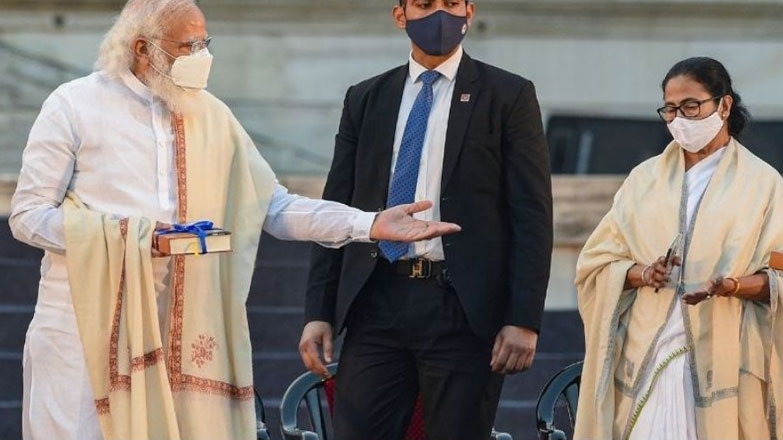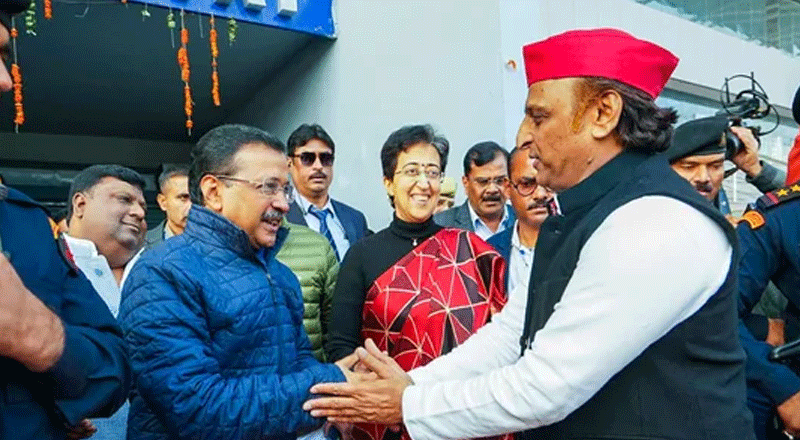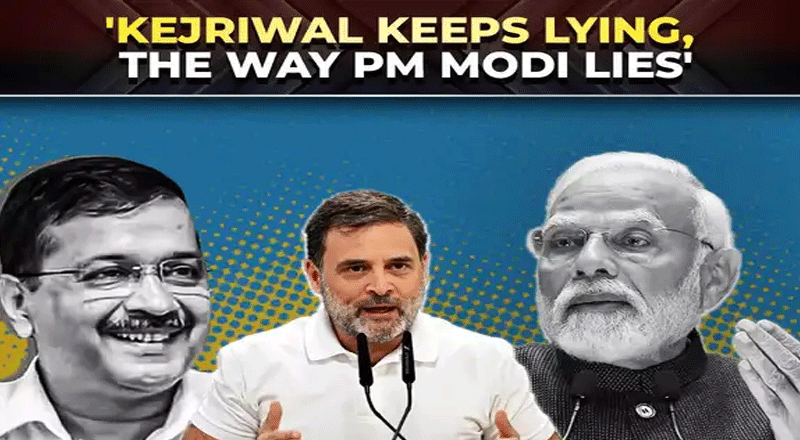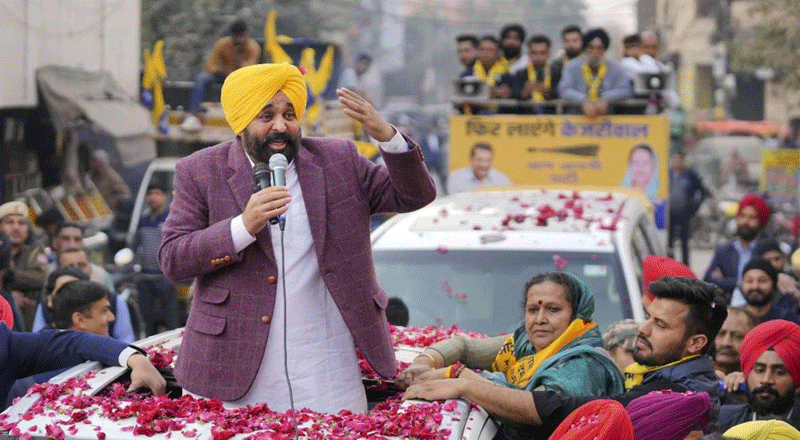As a part of an amendment to the IAS cadre rules, the Narendra Modi government has proposed which enables the Centre to post IAS officers on central deputation bypassing reservations of state governments.
The Centre has proposed to insert a provision in Rule 6 of IAS (Cadre) Rules, 1954. Rule 6 of the IAS (Cadre) Rules, 1954, states that any IAS officer could be posted on central deputation with the concurrence of the state government concerned.
The move could however lead to another rift between Nabanna (the West Bengal Secretariat) and the Centre, which has already sent letters to chief secretaries seeking the state governments’ views.
“The chief minister is not very eager to release Bengal cadre officers in central deputation, citing shortage of officers.… As the amendment will encroach upon the state’s rights on taking a decision whether to send an officer on central deputation, it could lead to another battle between Nabanna and Delhi,” said a senior official.
To Rule 6 of the IAS (Cadre) Rules, the Centre has proposed to add: “Provided that each State Government shall make available for deputation to the Central Government, such number of eligible officers of various levels to the extent of the Central Deputation Reserve prescribed under Regulations referred to in Rule 4(1), adjusted proportionately by the number of officers available with the State Government concerned vis-a-vis the total authorized strength of the State Cadre at a given point of time. The actual number of officers to be deputed to the Central Government shall be decided by the Central Government in consultation with the State Government concerned.”
The proposal further reads that, “…in case of any disagreement, the matter shall be decided by the Central Government and the State Government or State Governments concerned shall give effect to the decision of the Central Government within a specific time.”
Sources in Nabanna said that the state might oppose the decision for two reasons. First, the amendment would allow the Centre to decide how many officers a state can retain. Second, the Centre can unilaterally pick any officer from any state, which would hurt the interest of states





